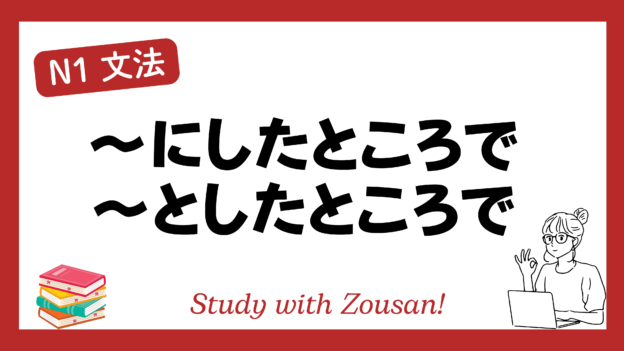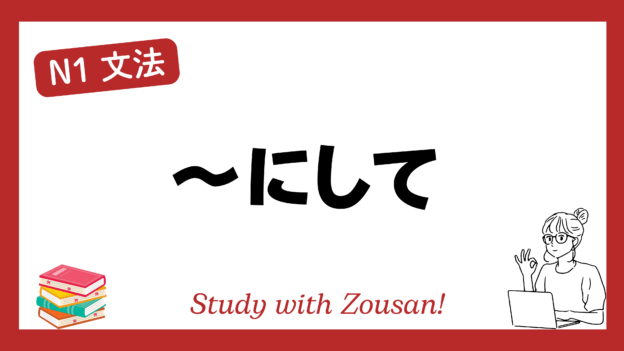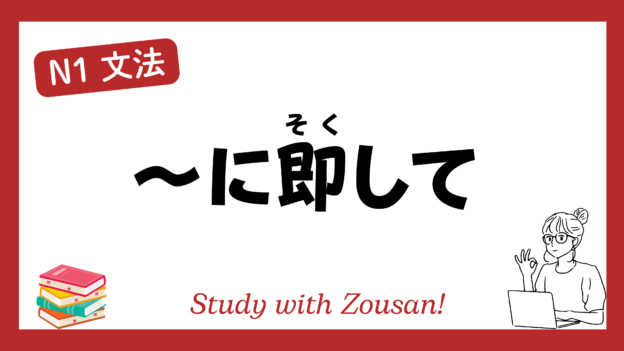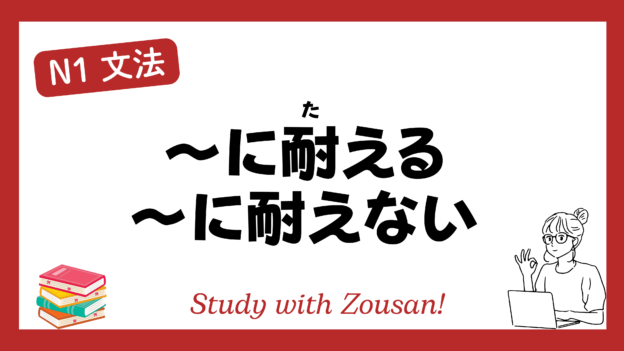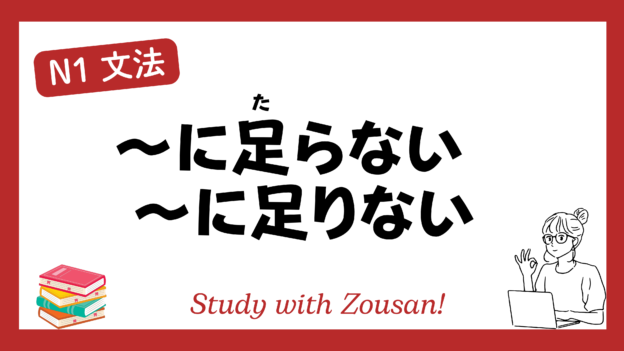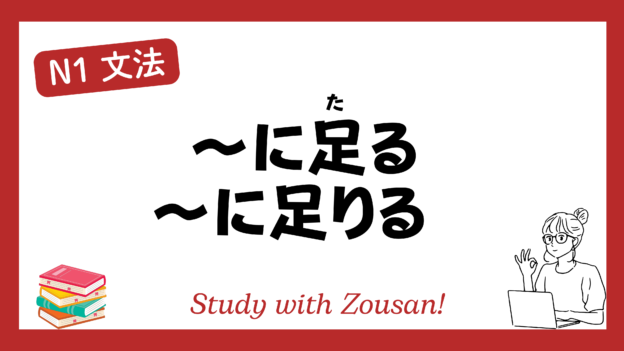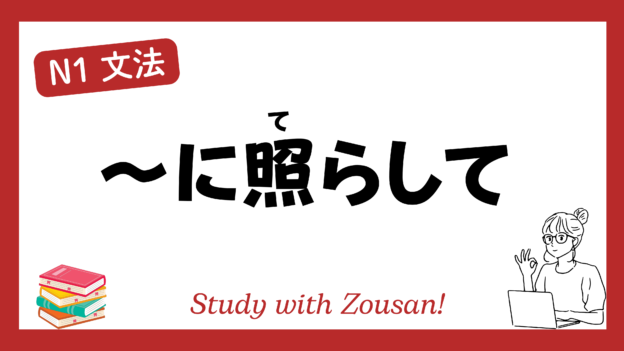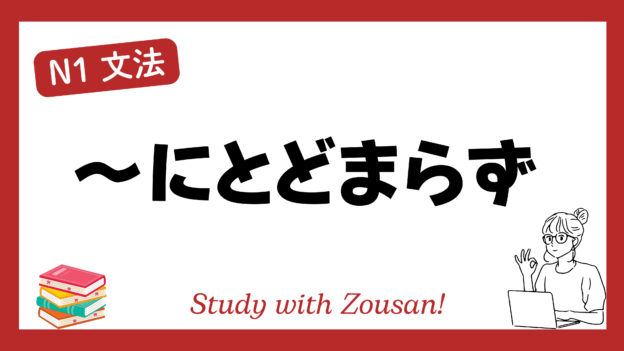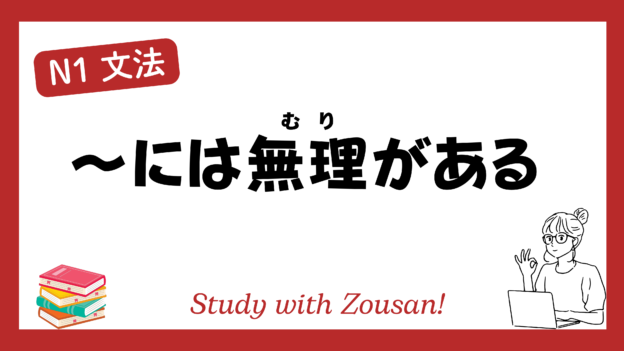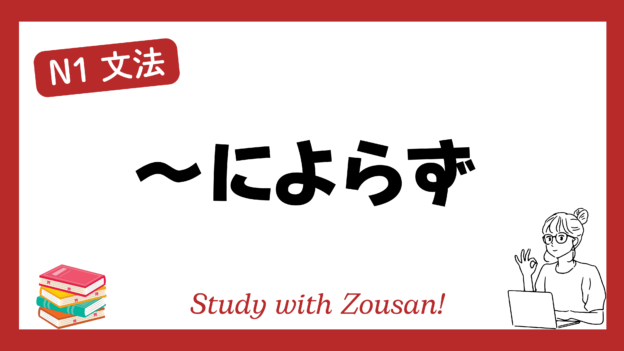Meaning: “Even if…”, “Even for…”
The structure ~にしたところで / としたところで is used to express that even if someone is in a certain situation or condition, it does not change the reality or outcome. It is often used to emphasize that an action or situation has little influence or cannot fully solve a problem.
※Note: This structure often carries a negative or pessimistic tone, suggesting that even with effort or changes, the outcome may still not be favorable.
Structure:
| Verb (dictionary) | + にしたところで + としたところで + にしたって + としたって |
| Noun | |
| な-adjective | |
| い-adjective + い |
Example:
-
-
-
🌟 彼にしたところで、その問題を解決できるとは限らない。
(かれ に した ところで、その もんだい を かいけつ できる とは かぎらない。)
Even if it’s him, it doesn’t mean he can solve the problem. -
🌟 私にしたところで、どうすることもできない。
(わたし に した ところで、どうする こと も できない。)
Even if it’s me, there’s nothing I can do. -
🌟 彼女にしたところで、この状況を変えるのは難しいだろう。
(かのじょ に した ところで、この じょうきょう を かえる の は むずかしい だろう。)
Even for her, it would be difficult to change this situation. -
🌟 医者にしたところで、彼の病気を治すのは難しい。
(いしゃ に した ところで、かれ の びょうき を なおす の は むずかしい。)
Even for a doctor, it’s hard to cure his illness. -
🌟 時間をかけたところで、この仕事は簡単には終わらない。
(じかん を かけた ところで、この しごと は かんたん には おわらない。)
Even if you spend time on it, this job won’t be finished easily. -
🌟 君にしたところで、何ができるというのか。
(きみ に した ところで、なに が できる という の か。)
Even if it were you, what could you do? -
🌟 彼にしたところで、そんな無理な要求には応じられない。
(かれ に した ところで、そんな むり な ようきゅう には おうじられない。)
Even he can’t meet such unreasonable demands. -
🌟 お金を借りたところで、解決できる問題ではない。
(おかね を かりた ところで、かいけつ できる もんだい では ない。)
Even if you borrow money, it won’t solve the problem. -
🌟 彼にしたところで、この難しい状況を完全に理解するのは難しいだろう。
(かれ に した ところで、この むずかしい じょうきょう を かんぜん に りかい する の は むずかしい だろう。)
Even for him, it would be hard to fully understand this difficult situation. -
🌟 誰にしたところで、そんな結果を望んでいたわけではない。
(だれ に した ところで、そんな けっか を のぞんでいた わけ では ない。)
No one, even if it were anyone, wanted such a result.
-
-


